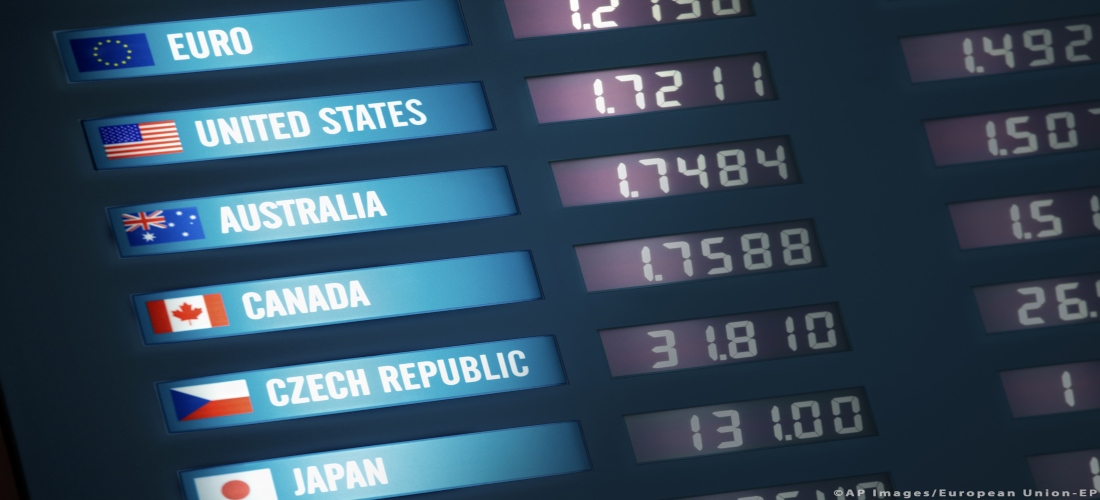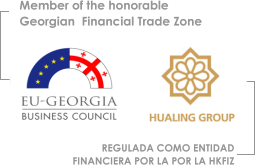NEWS

Cheaper cross-border payments: benefits for all Europeans
Parliament wants to lower payment rates outside the eurozone.
The commissions when paying in the euro zone are very low. However, cross-border payments in euros from countries that are not part of the eurozone are subject to high rates.
MEPs voted on February 14 a proposal to match the costs of cross-border payments in euros between eurozone countries and those that do not belong to it, and increase the transparency of commissions for currency conversion in the EU.
Lower payment costs for countries outside the euro area
If you live in Finland and make a transfer to Italy, the rate that will be charged for the payment will be the same as for a national payment, which in many cases is zero.
However, if you live in Bulgaria, you could pay up to 24 euros commission, according to a study by the European Commission.
The new changes will match the rates charged for sending or receiving payments in euros in non-euro zone states with the amount in the national currency of those countries.
This measure will increase incentives for consumers to buy from abroad and reduce business costs for businesses.
Agreement with the Council
The rapporteur of the European Parliament, the MEP of the Bulgarian People's Party Eva Maydell, said during the plenary debate that the changes will reduce the costs of transfers to 150 million Europeans and the six million businesses that are outside the eurozone.
"The proposal shows that we can make fast and important decisions for the benefit of citizens and businesses," he added.
More information for consumers
The new legislation will increase the transparency requirements related to commissions that apply to currency conversions in a payment transaction.
Imagine that a German wants to make a card payment at a restaurant in Poland and is asked if he prefers to make the payment in euros or in the local currency, the zloty. If you choose a zloty payment, your own bank will perform the currency conversion, but if you opt for the payment in euros, the merchant's bank will provide the service.
If the client does not have clear information, he can pay more.
These rules will require the user to receive all currency conversion options in a clear, neutral and understandable manner before the transaction takes place.
Increasing transparency should lead to greater competition among service providers and reduce service charges over time.



